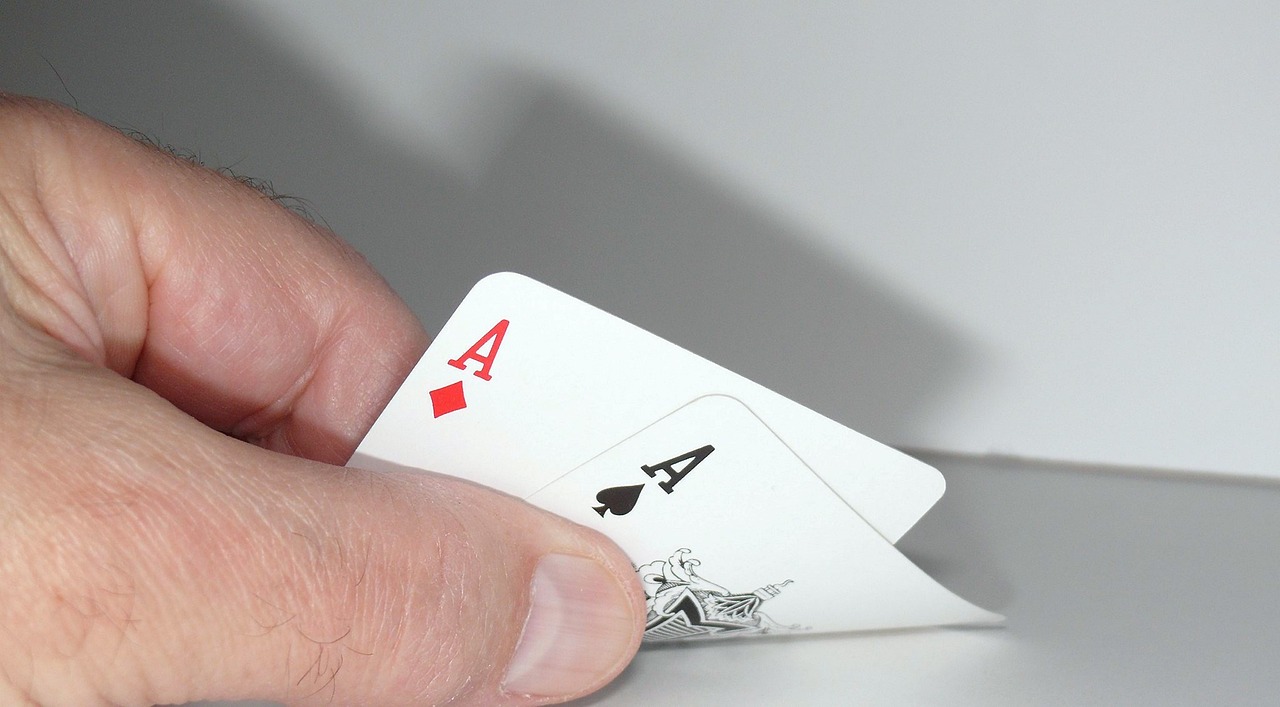4 Ways Online Casinos Ensure Fair Play and Transparency

In the vibrant world of online casinos, players seek excitement and entertainment. But beyond the flashing lights and enticing games lies an important question: How can we be sure that these platforms are fair? Trust is essential when it comes to placing bets, spinning reels, or playing card games for real money. Fortunately, reputable online casinos from India prioritize fairness and transparency in their operations. They employ a variety of methods to ensure that every player enjoys a level playing field. If you are interested to know about it, you can play here. Now, let’s explore how they achieve this commitment to integrity and what you need to know as you dive into your next gaming adventure.
Licensing and Regulation
 Licensing and regulation are the cornerstones of a trustworthy online casino. When you choose a licensed platform, you’re opting for security and accountability. Regulatory bodies scrutinize these casinos to ensure they adhere to strict standards. This oversight includes regular audits, compliance checks, and adherence to fair play policies.
Licensing and regulation are the cornerstones of a trustworthy online casino. When you choose a licensed platform, you’re opting for security and accountability. Regulatory bodies scrutinize these casinos to ensure they adhere to strict standards. This oversight includes regular audits, compliance checks, and adherence to fair play policies.
These measures help protect players from fraud or deceptive practices. Different jurisdictions have their licensing authorities, such as the UK Gambling Commission or the Malta Gaming Authority. Each has its reputation for enforcing high operational standards.
Random Number Generators (RNGs)
Random Number Generators, or RNGs, are the backbone of online casino games. They ensure that every spin of the slots or shuffle of cards is completely random. This technology creates unpredictability, mimicking a real-life gaming experience. RNGs use complex algorithms to generate numbers at lightning speed. These numbers determine game outcomes in milliseconds, making it impossible for players or casinos to influence results. Independent testing agencies frequently audit these systems. They verify that the RNGs meet strict fairness standards and function correctly over time.
Transparent Game Rules and Payout Percentages
Trust is crucial in the world of online casinos. Transparent game rules play a significant role in building that trust. Casinos strive to provide clear guidelines for each game they offer. Players should easily find information on how games work, including any special features. This clarity helps prevent misunderstandings and enhances the enjoyment of gameplay. Payout percentages are equally important. Reputable casinos publish their Return to Player (RTP) rates, allowing players to know what percentage of wagered money is returned over time. The higher the RTP, the better chance players have at winning.
Secure Payment Methods and Data Protection
 Online casinos prioritize the safety of their players’ financial information. They employ advanced encryption technologies to safeguard personal and payment data from unauthorized access. Players can expect a variety of secure payment methods, including credit cards, e-wallets, and cryptocurrencies. This diversity not only caters to different preferences but also enhances security levels across platforms.
Online casinos prioritize the safety of their players’ financial information. They employ advanced encryption technologies to safeguard personal and payment data from unauthorized access. Players can expect a variety of secure payment methods, including credit cards, e-wallets, and cryptocurrencies. This diversity not only caters to different preferences but also enhances security levels across platforms.
Many casinos utilize two-factor authentication (2FA) for an added layer of protection during transactions. This process ensures that only authorized users can access their accounts. Moreover, reputable online casinos undergo regular audits by third-party organizations. Online casinos have made significant strides in ensuring fair play and transparency for their players. By obtaining proper licensing and adhering to regulations, they establish a foundation of trustworthiness. The use of random number generators further guarantees that outcomes are unpredictable, maintaining the excitement of every game. With these practices in place, players can enjoy their gaming experience with peace of mind knowing that fairness is upheld at every turn. We hope that you have found this blog post helpful.…


 Choosing the right time to bluff in poker is crucial. It’s not just about having a strong hand or a weak one; it’s about reading the situation and your opponents. Timing is everything in poker – wait for the perfect moment to strike. Consider factors like your position at the table, previous betting rounds, and your opponents’
Choosing the right time to bluff in poker is crucial. It’s not just about having a strong hand or a weak one; it’s about reading the situation and your opponents. Timing is everything in poker – wait for the perfect moment to strike. Consider factors like your position at the table, previous betting rounds, and your opponents’  When it comes to mastering the art of bluffing in poker, using body language is a powerful tool that can help you deceive your opponents. Your physical cues can be just as important as your betting strategy when trying to throw off other players at the table. One key aspect of using body language effectively is maintaining a steady demeanor regardless of the strength of your hand.
When it comes to mastering the art of bluffing in poker, using body language is a powerful tool that can help you deceive your opponents. Your physical cues can be just as important as your betting strategy when trying to throw off other players at the table. One key aspect of using body language effectively is maintaining a steady demeanor regardless of the strength of your hand.





